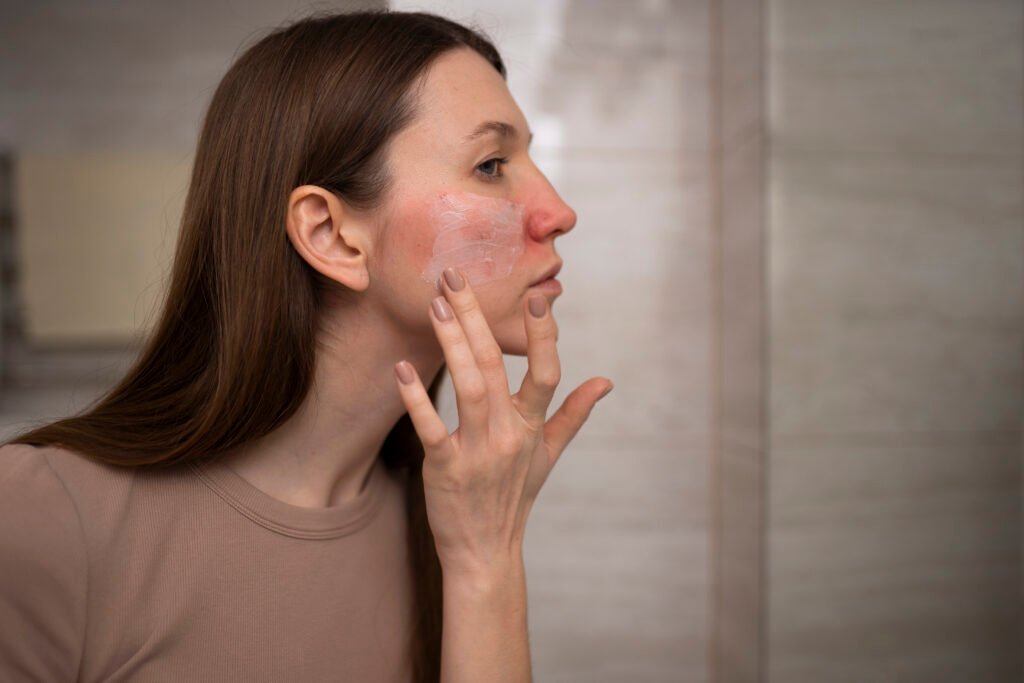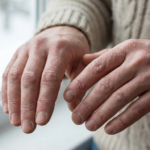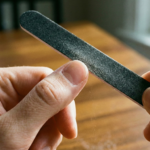
Dry patches on your face can be uncomfortable and frustrating, but with the right nighttime routine, you can replenish moisture and wake up to softer, healthier skin. Let’s explore an effective overnight treatment plan to banish dry patches on your face for good.
Understanding Dry Patches on the Face
Common Causes of Dry Patches
Dry patches can develop due to several factors, including:
- Harsh weather conditions (cold, dry air)
- Low humidity in the environment
- Over-washing or using strong cleansers
- Aging and hormonal fluctuations
- Dehydration and poor diet
- Skin conditions like eczema or psoriasis
Symptoms of Dry Patches
- Rough, flaky skin
- Redness and irritation
- Itchiness or sensitivity
- A dull or uneven texture
Why Overnight Skincare is Effective
Your skin naturally regenerates while you sleep, making nighttime the perfect opportunity to provide deep hydration and nourishment. With no exposure to harsh elements, treatments work more effectively to repair and replenish moisture levels.
Preparing Your Skin for Overnight Hydration
1. Cleanse with a Gentle Face Wash
Use a mild, hydrating cleanser to remove dirt, makeup, and impurities without stripping essential oils. Avoid foaming cleansers with harsh sulfates.
2. Exfoliate Gently (Once or Twice a Week)
Exfoliation helps remove dead skin cells, allowing better absorption of hydrating products. Use a mild exfoliant, such as lactic acid or a soft scrub, but avoid over-exfoliating, which can worsen dryness.
Best Overnight Treatments for Dry Patches
1. Apply a Rich Moisturizer or Night Cream
Choose a moisturizer that contains ceramides, hyaluronic acid, and fatty acids. Apply a generous layer to lock in hydration.
2. Use Natural Oils for Deep Moisture
Applying a few drops of coconut oil, almond oil, or argan oil over your moisturizer creates a barrier to prevent moisture loss and soothe dry patches.
3. Try an Overnight Hydrating Mask
An overnight mask with aloe vera, honey, or glycerin can provide intense hydration and repair dry areas by morning.
4. DIY Home Remedies for Extra Hydration
- Aloe Vera & Honey Mask: Mix equal parts aloe vera gel and honey. Apply it overnight for deep hydration and skin repair.
- Milk & Oatmeal Paste: Blend milk and finely ground oatmeal to create a soothing mask that relieves irritation and dryness.
Lifestyle Changes for Long-Term Relief
1. Use a Humidifier at Night
Adding moisture to the air helps prevent skin from drying out while you sleep.
2. Avoid Harsh Skin Products
Choose alcohol-free, fragrance-free, and hypoallergenic skincare products to avoid further irritation.
3. Stay Hydrated
Drinking enough water throughout the day helps maintain skin hydration from the inside out.
Mistakes to Avoid
1. Over-Exfoliating
Too much exfoliation can damage the skin’s barrier and worsen dryness. Limit exfoliation to once or twice a week.
2. Skipping Sunscreen
Even indoors, UV rays from windows and screens can affect your skin. Apply a lightweight, hydrating sunscreen daily.
Conclusion
Getting rid of dry patches overnight is achievable with the right skincare routine. By cleansing gently, using hydrating treatments, and maintaining a healthy skin barrier, you can wake up to smooth, nourished skin. Consistency is key—treat your skin well, and it will reward you with a radiant glow.
FAQs
1. What is the fastest way to treat dry patches overnight?
Apply a rich moisturizer or natural oil before bed to deeply hydrate the skin.
2. Are home remedies safe for sensitive skin?
Most natural remedies are gentle, but always perform a patch test before applying them to your face.
3. How often should I apply overnight treatments?
Use overnight treatments daily or as needed, depending on your skin’s condition.
4. Should I follow the same routine for all skin types?
No, tailor your skincare routine based on your skin type. Dry skin needs richer hydration, while oily skin benefits from lighter, non-comedogenic products.
5. Does a humidifier really help with dry patches?
Yes, a humidifier adds moisture to the air, which helps prevent dry skin, especially in cold or dry climates.







